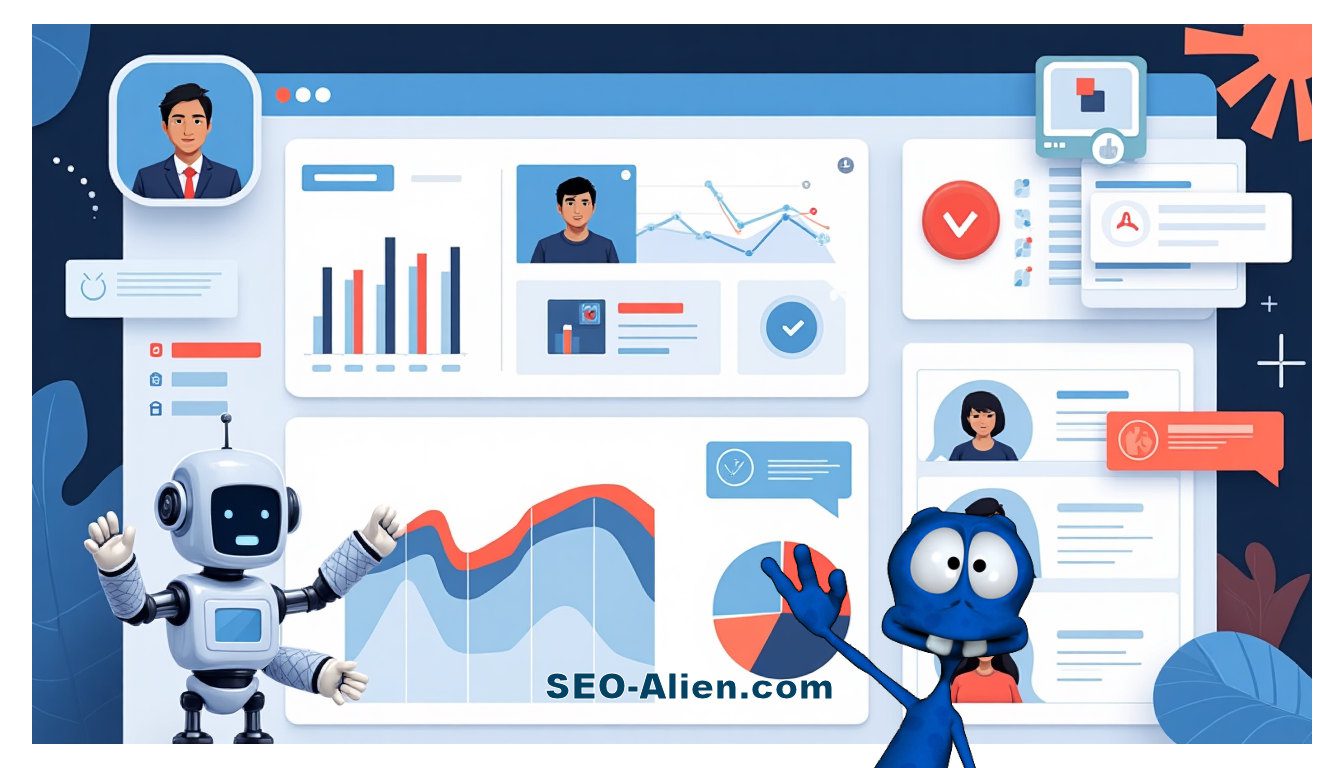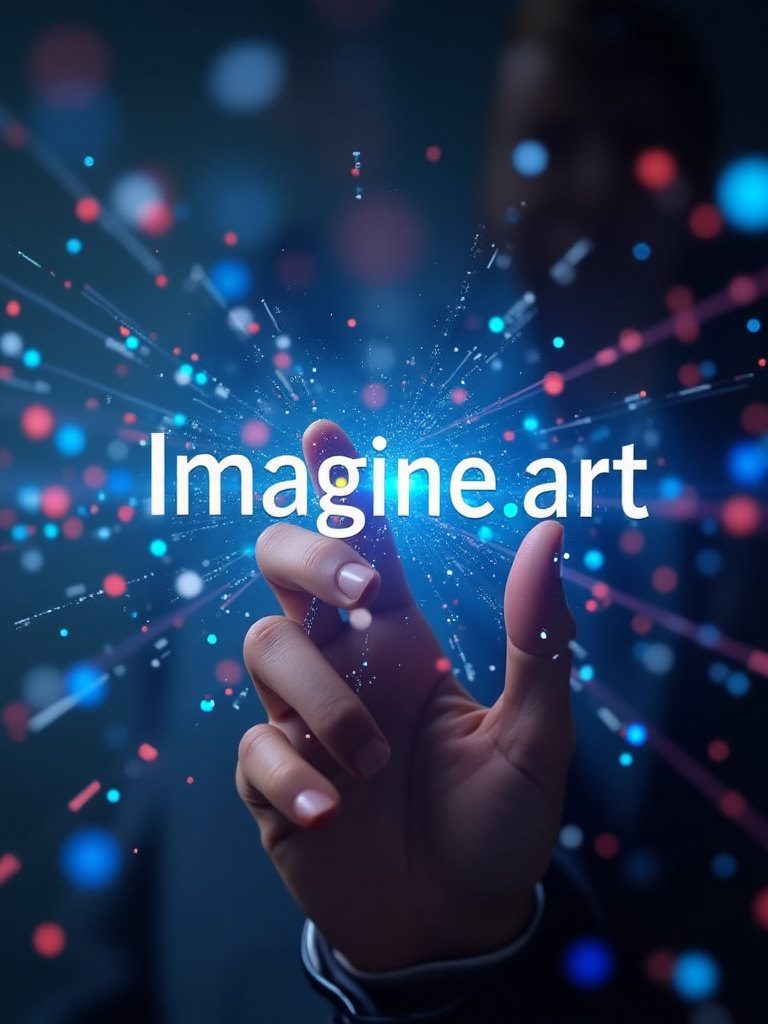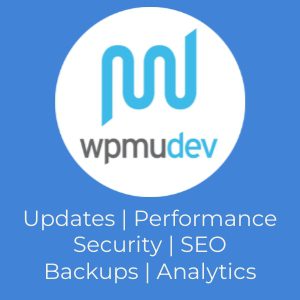As the digital landscape evolves, the fusion of artificial intelligence (AI) and marketing strategies is reshaping how brands connect with audiences
AI isn’t just a buzzword—it’s a cornerstone of modern digital marketing, offering tools and insights that amplify performance, engagement, and return on investment.

Image created using imagine.art
In this article, we’ll expose eight powerful aspects of AI in digital marketing, demonstrating how each one drives smarter, more effective campaigns. Among these, we’ll spotlight AI Voice Agents—a growing force in customer interaction—and anchor on how this technology elevates brand experiences.
1. Hyper-Personalization
Today’s consumers expect tailored experiences. Traditional segmentation is no longer enough—people want content, offers, and communication personalized to their behaviors and preferences.
AI enables hyper-personalization by analyzing massive datasets, including user demographics, past purchases, browsing history, and social behavior. Machine learning models then generate real-time personalized content such as:
- Product recommendations
- Dynamic website content
- Personalized email campaigns
AI can also personalize short videos, creating individualized experiences that speak directly to specific users—like greeting them by name or showcasing products they've previously browsed.
This not only boosts engagement but also significantly increases conversion rates and customer loyalty.
2. Predictive Analytics & Customer Insights
Predictive AI models forecast customer behaviors, from future purchases to churn risks. By integrating historical data, search patterns, and engagement metrics, AI can reveal:
- Which users are likely to convert.
- What products or content they will prefer.
- When they’re most receptive.
Marketers can then proactively target high‑value leads, optimize timing, and allocate budgets more effectively. Predictive insights facilitate strategic decisions—from campaign design to budget allocation.
3. Automation & Campaign Optimization
AI automates repetitive tasks such as:
Bid adjustments in programmatic ad platforms.
- A/B testing of creatives.
- Timing and frequency of email blasts.
Smart algorithms tune campaigns in real time, dynamically reallocating budget to impactful channels, pausing underperformers, and surfacing the most effective messages—all with minimal human intervention.
This frees up marketing teams to focus on higher‑order creative and strategic work.
4. Content Generation & Curation
From headline suggestions to full‑scale blog generation, AI‑powered tools now assist in ideation and writing. Natural Language Generation (NLG) systems can:
- Draft initial copy for social posts, articles, or product descriptions.
- Offer tone or format adjustments based on channel—whether casual for Twitter or formal for a white paper.
- Curate content by recommending relevant pieces for newsletters or blogs based on trending topics.
Combined with human oversight, AI content engines help maintain consistent output and scale.
5. Enhanced Customer Experience with AI Voice Agents
Customer interaction is increasingly becoming conversational—and that’s where AI Voice Agents shine. These are smart assistants—think voice‑powered chatbots or voice‑enabled customer service bots—that understand spoken language and respond naturally.
Here’s how AI Voice Agents amplify digital marketing:
- 24/7 Voice Interaction
Users can speak queries or requests—like product info, store hours, offers—and receive instant, spoken responses, enhancing accessibility and convenience. - Seamless Omnichannel Integration
These agents sync with websites, apps, smart speakers, and call centers to maintain consistent messaging across voice channels. - Guided Purchase Journeys
Voice agents can nudge users through funnels—suggesting items, applying coupons, or even completing purchases when integrated with e‑commerce platforms. - Rich Data Collection
By analyzing voice interactions—intonation, phrasing, hesitation—AI gleans emotional cues and intent, enabling deeper personalization. - Brand Personality & Tone
Businesses can tailor the voice agent’s persona—friendly, authoritative, playful—to align with brand identity and build more engaging, human‑like experiences. To implement such conversational systems effectively, brands often rely on specialized AI chatbot development services that design and deploy intelligent assistants capable of handling complex interactions, maintaining brand tone, and delivering personalized customer experiences across platforms.
Incorporating AI Voice Agents thus elevates customer engagement by combining convenience, personality, and data‑driven intelligence.
6. Smarter Ad Targeting with Computer Vision and AI
AI isn’t limited to text—it analyzes visuals too. Using computer vision, marketers can analyze images and videos to:
- Detect brand logos in user‑generated content.
- Identify contexts (e.g., beach, office, party) associated with a brand’s products.
- Automatically tag and categorize visual assets for usage optimization.
AI also drives ad targeting by understanding image content, enabling placement of ads next to relevant imagery—boosting brand safety and relevance.
7. Voice & Visual Search Optimization
Search behaviors are evolving beyond typing. Voice search (via smart speakers or assistants) and visual search (via image recognition) are on the rise. AI helps marketers optimize for these formats by:
- Ensuring content is conversational and featured in voice‑friendly query formats (“best vegan snacks near me”).
- Structuring content with rich metadata to match visual search inputs.
- Using AI to tag products, enabling search by photo in e‑commerce apps.
Adapting to voice and visual search ensures brands appear in cutting‑edge channels.
8. Fraud Detection & Brand Safety
AI protects digital marketing efforts by detecting anomalies and malicious activity in real time. From click‑fraud prevention in paid campaigns to identifying toxic or unauthorized brand associations, AI:
- Monitors traffic patterns and flags suspicious behavior.
- Filters out invalid impressions and bots.
- Scans for brand misuse across the web and social media.
This layer of protection preserves marketing budgets and safeguards brand reputation.
Bringing It All Together
Let’s recapitulate the eight powerful aspects of AI in digital marketing:
- Hyper‑personalization at scale
- Predictive analytics & customer insights
- Automation & campaign optimization
- Content generation & curation
- Enhanced customer experience with AI Voice Agents
- Smarter ad targeting via computer vision
- Voice & visual search optimization
- Fraud detection & brand safety
Together, these capabilities transform marketing from reactive and broad‑brush to proactive, precise, and efficient. AI-driven strategies elevate experiences, optimize spend, and enhance outcomes across the customer journey.
Practical Steps to Harness AI in Marketing
- Audit your data infrastructure
Start with accessible, organized data—CRM, behavior analytics, purchase history. AI needs clean data to learn from. - Choose high-impact use cases
Prioritize areas with clear ROI potential—like automating ad bids, personalizing emails, or deploying an AI Voice Agent for customer support. - Test before scaling
A/B test AI‑driven personalization or content generation before full rollout. Measure impact on click‑through, conversion, and engagement. - Invest in voice capabilities
If your audience uses voice assistants, set up skill/App integrations and optimize content for voice queries. For customer service, consider deploying an AI Voice Agent to handle common inquiries and elevate user experience. - Monitor continuously
Let AI learn—but keep human guardrails. Monitor performance metrics: conversions, engagement, brand sentiment, fraud alerts, and return on ad spend. - Blend human creativity with AI
AI augments—not replaces—marketers. Use AI-generated drafts and insights, but guide with your brand’s voice, strategy, and empathy.
Looking Ahead: The Future of AI in Digital Marketing
Advancements such as real‑time emotion‑detection through voice and facial analysis, predictive creative assembly, and hyper‑responsive chat and voice agents will make digital campaigns more intuitive and dynamic. Ethical AI—ensuring fairness, transparency, and privacy—will become an imperative foundation for trust.
AI will increasingly blur the lines between customer‑initiated and brand‑driven conversation. From intelligent chatbots to conversational assistants that proactively engage, the future of marketing is deeply dialogic.
Conclusion
As digital marketing evolves, AI stands at the helm of transformation. From driving personalization and automation to unleashing new frontiers like AI Voice Agents, the eight aspects highlighted here offer a roadmap toward smarter, more humanized, and highly efficient marketing.
By embracing these AI capabilities—grounded in data, powered by insight, and guided by creativity—brands can not only reach audiences but resonate with them. Let AI be the engine of innovation that elevates your marketing from merely digital to meaningfully unforgettable.
About the Author:
The SEO-Alien is a project started in 2009 regarding all things online marketing. The site started out more of a diary of predictions, suggestions and references to things I frequently used for online marketing... before social media marketing was even an option.
I hope you find the information and tools presented here useful and something worth sharing with others.
If there is anything else about online marketing or any online advertising strategy you think would be helpful, please let me know.




.png)
